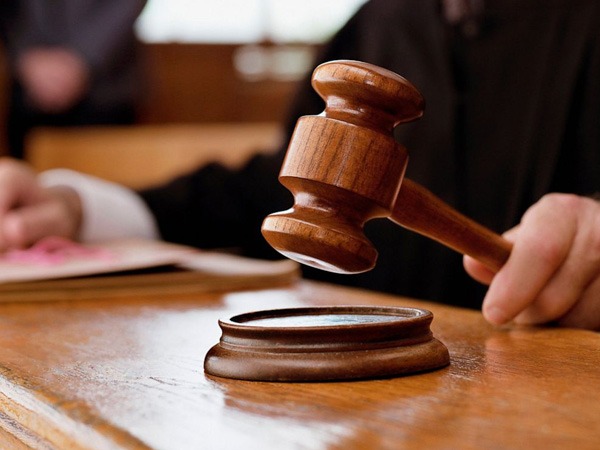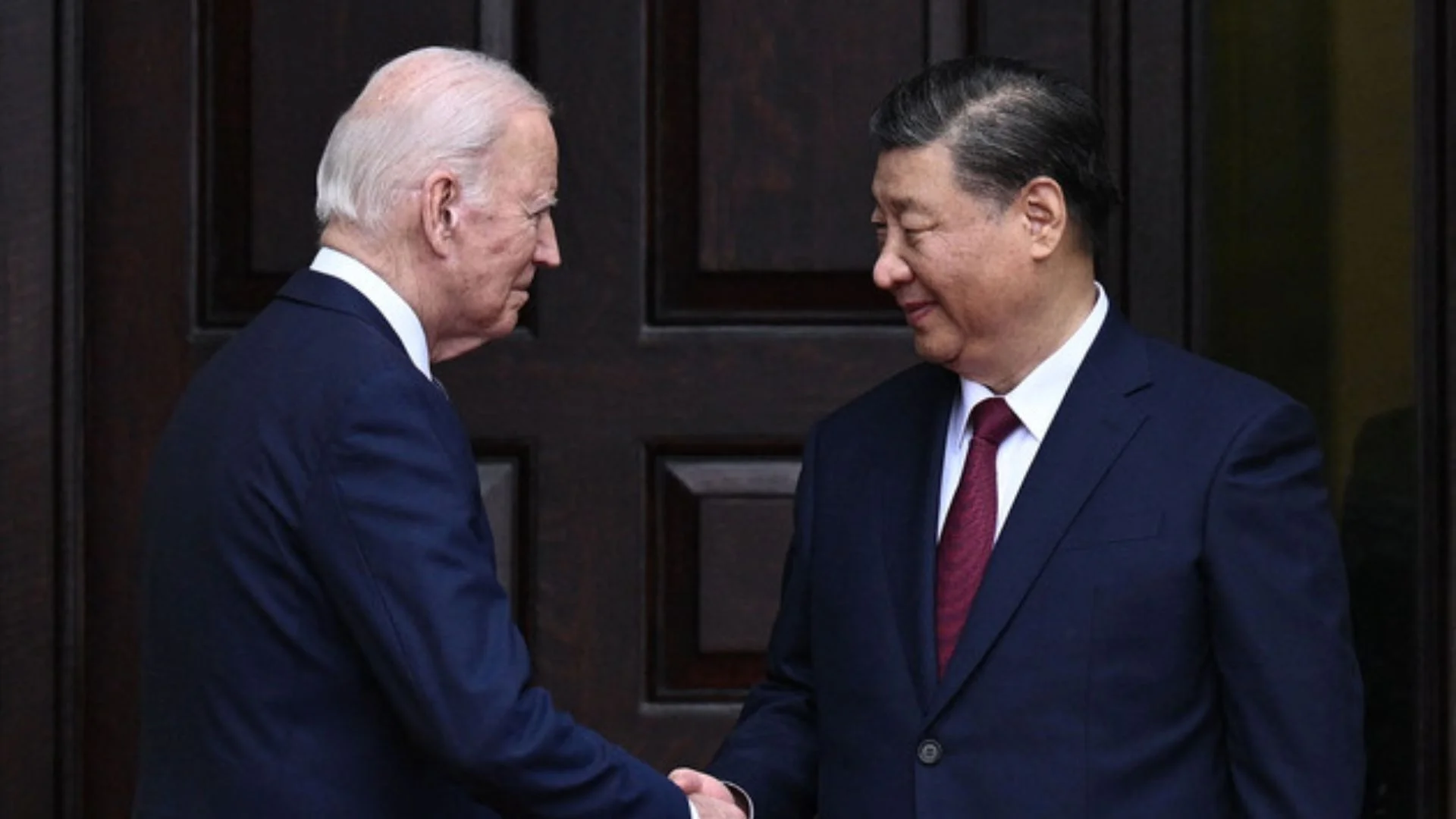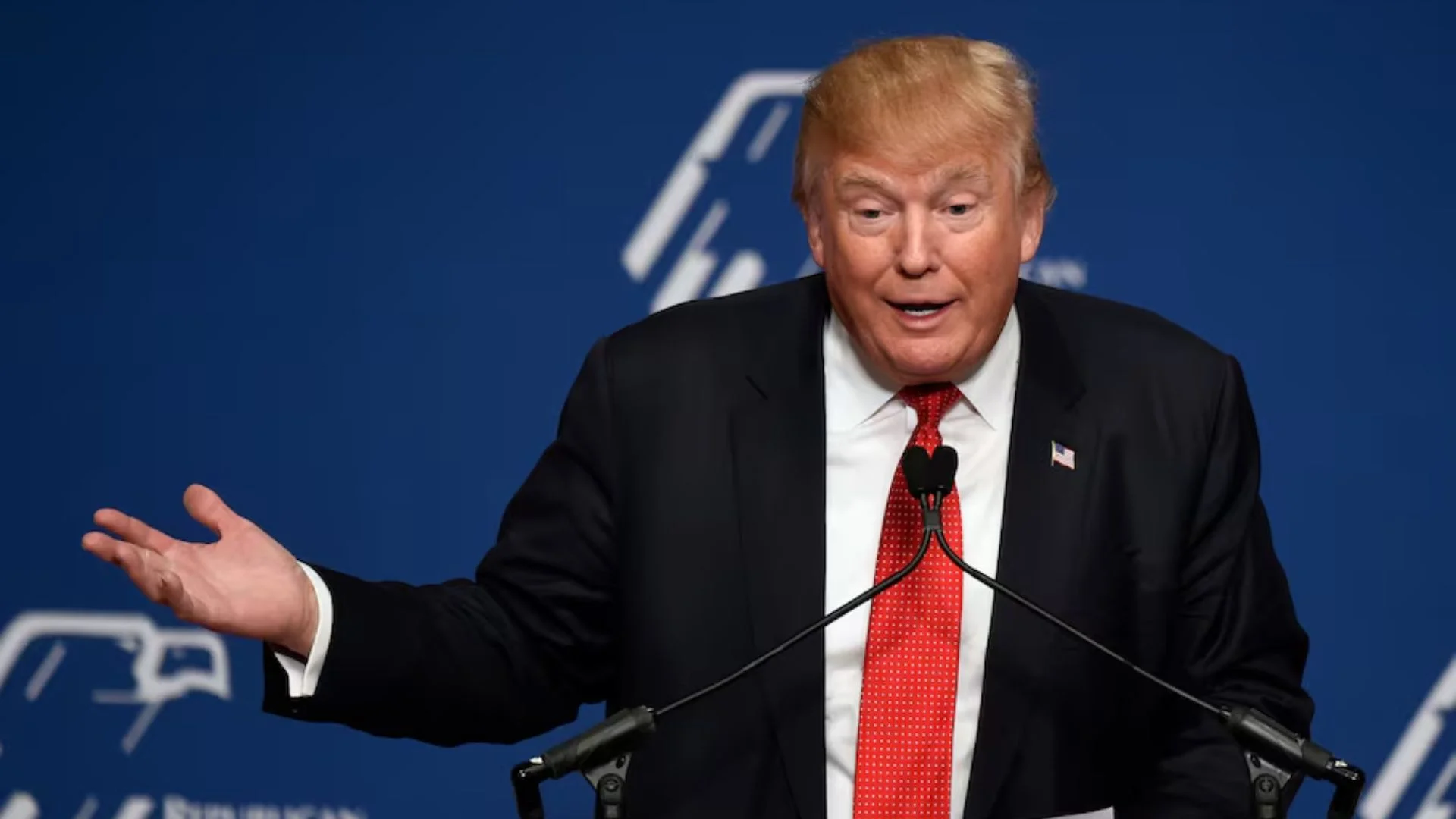
Indian democracy has often been heralded for its functioning and the systems of checks and balances. The system of checks and balances are unequivocally applicable on all three arms viz. legislature, judiciary and executive in different forms. Out of all, one such aspect of regulating the legislature and its members is the system of Election and defection by the elected members pre or post elections. This has made headlines time and again and has hit all major national or regional political parties in some form or the other.
Although, Anti-defection laws in India have been a subject of significant debate and scrutiny since their enactment in 1985. Designed to curb political defections and ensure stability in the democratic process, these laws have played a vital role in shaping India’s political landscape. However, they have also raised concerns about the erosion of democratic principles, stifling dissent, and enabling opportunistic political maneuvering. It is essential to explore the rationale behind the implementation of anti-defection laws, examines their pros and cons, and delve into the challenges they pose to democratic governance in India.
The anti-defection laws were introduced in the wake of growing concerns over political instability caused by frequent defections among legislators. The 52nd Amendment to the Indian Constitution in 1985 brought about the Tenth Schedule, which sets out the provisions for disqualification on grounds of defection. The aim was to discourage political opportunism and ensure that elected representatives adhere to the party line and electoral mandates.
Proponents of anti-defection laws argue that they are essential to maintaining political stability and party discipline. The laws discourage legislators from switching parties solely for personal gain or political expediency. They promote party loyalty, uphold the sanctity of electoral mandates, and prevent horse-trading and manipulation of the democratic process. Anti-defection laws have also contributed to the formation of stable governments, reducing the likelihood of frequent disruptions, and ensuring smoother governance. By discouraging defections, these laws provide stability to the political system, allowing governments to focus on policymaking and development agendas.
The anti-defection laws, as enshrined in the Tenth Schedule, state that if an elected member voluntarily gives up their membership of a political party or votes against the party’s directives in a given situation, they may face disqualification. These laws apply to both Parliament and State Legislatures, and their purpose is to discourage political defections and maintain stability in the political system. However, certain exceptions and conditions exist under which defections are not considered grounds for disqualification, such as when one-third of the members of a party merge with another party.
The Speaker of the House plays a crucial role in the implementation of anti-defection laws. They are responsible for making decisions regarding disqualification petitions and ensuring adherence to the principles laid down in the Tenth Schedule. The Speaker’s impartiality and independence are paramount to maintain the integrity of the anti-defection laws. However, concerns have been raised regarding the potential for the Speaker to be influenced by political considerations or partisan interests, which can compromise the objective interpretation of the anti-defection provisions. Instances of delay or selective application of the laws have led to scepticism about the neutrality of the Speaker’s office. It is important to ensure that the Speaker’s decisions are fair, transparent, and free from any undue influence or bias.
The Election Commission of India (ECI) also plays a significant role in enforcing anti-defection laws. The ECI has the responsibility to conduct free and fair elections and address complaints related to violations of electoral laws, including anti-defection provisions. It is entrusted with the task of overseeing elections, monitoring campaign finance, and taking appropriate action against candidates or parties found guilty of defections or electoral malpractices.
The Election Commission’s role becomes crucial when there are disputes regarding the validity of a defection or allegations of violation of anti-defection laws. The Commission has the authority to decide on disqualification petitions and conduct inquiries into allegations of defection. It is imperative that the Election Commission operates independently and maintains its impartiality to uphold the integrity of the electoral process.
While the anti-defection laws, along with the roles of the Speaker and the Election Commission, aim to safeguard democratic principles, concerns have been raised about their efficacy and potential for misuse. The delay in deciding on disqualification petitions, selective application of the laws, and instances of political pressure influencing decisions raise questions about the fairness and transparency of the process.
Despite their intended benefits, anti-defection laws have faced significant criticism. One of the main concerns is that these laws undermine the principles of representative democracy and freedom of expression. Critics argue that legislators should have the autonomy to vote according to their conscience and represent the interests of their constituents, rather than being bound by party dictates.
Another challenge is the potential for misuse and manipulation of these laws by political parties. The fear of disqualification and losing their seats can deter legislators from expressing dissenting views or challenging the party leadership, stifling internal democracy within political parties. This can lead to a concentration of power in the hands of party leaders, limiting the scope for debate and critical thinking.
Furthermore, anti-defection laws may hamper effective checks and balances in the legislative process. The laws discourage lawmakers from crossing the floor to form alliances or coalitions that may better serve the interests of their constituents. This can lead to a polarized political environment and hinder the formation of consensus-based governance.
To address these concerns, it is essential to strengthen the mechanisms for implementing anti-defection laws. There is a need for clear guidelines and time-bound procedures for the Speaker to decide on disqualification petitions. The decisions should be based on objective criteria rather than subjective interpretations. It is also crucial to establish an independent body or mechanism to oversee and review decisions made by the Speaker, ensuring accountability and fairness.
Furthermore, the Election Commission should play a more proactive role in monitoring defection-related activities during elections. It should enforce stricter regulations on campaign financing, ensuring transparency and accountability in political funding.
Anti-defection laws in India have been instrumental in curbing political defections and ensuring stability in the democratic process. However, they also pose challenges to democratic principles, including freedom of expression, representative democracy, and internal party democracy. Striking the right balance between maintaining party discipline and safeguarding democratic ideals is crucial. It is essential to review and strengthen the anti-defection laws to address their shortcomings while upholding the values of democratic governance. Ensuring greater transparency, enhancing internal party democracy, and promoting a culture of constructive debate and dissent are crucial for the healthy functioning of Indian democracy.
Dr. Deepankar Sharma is working as an Assistant Professor of Law (Senior Scale) at Manipal University Jaipur and as an Honorary Fellow at Asian Institute of International Financial Laws at University of Hong Kong and member of Network of Indian Competition Experts at Competition Commission of India.
Dr. Vini Kewaliya is working as an Assistant Professor of Law (Senior Scale) and as Assistant Controller of Examinations at Manipal University Jaipur.















